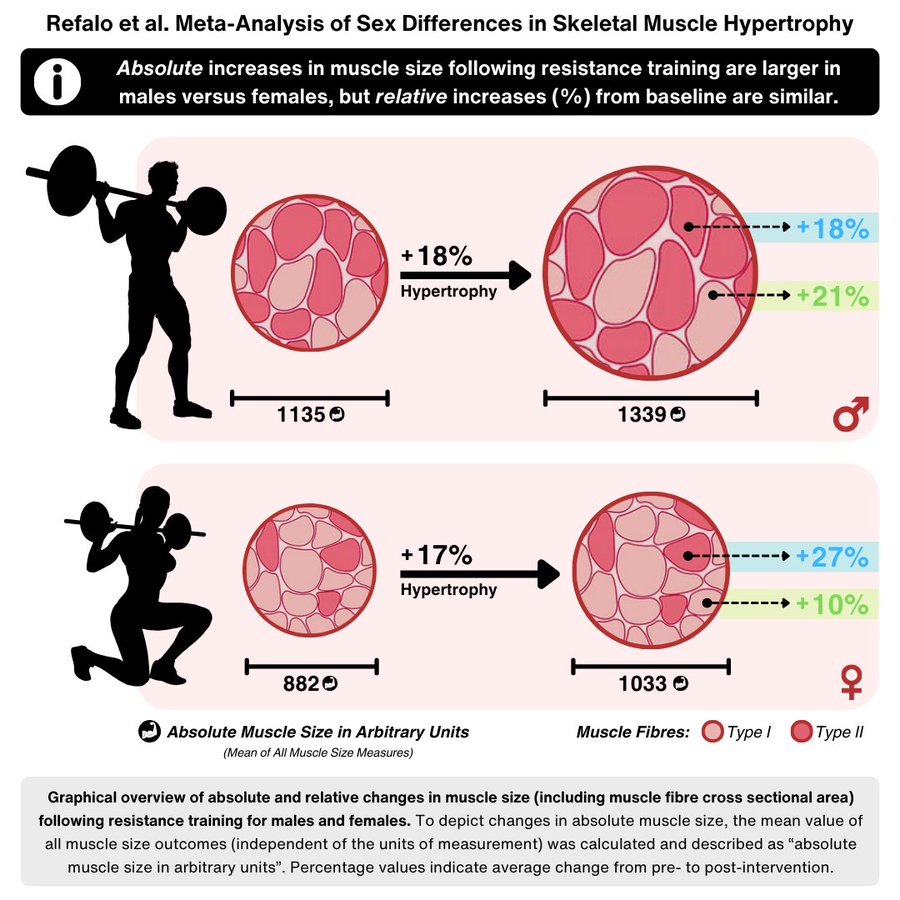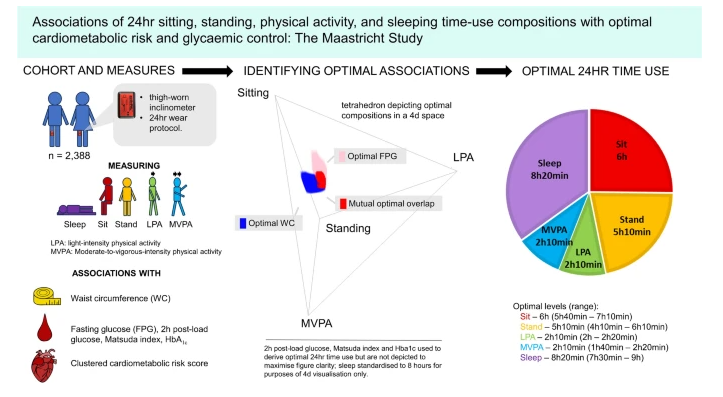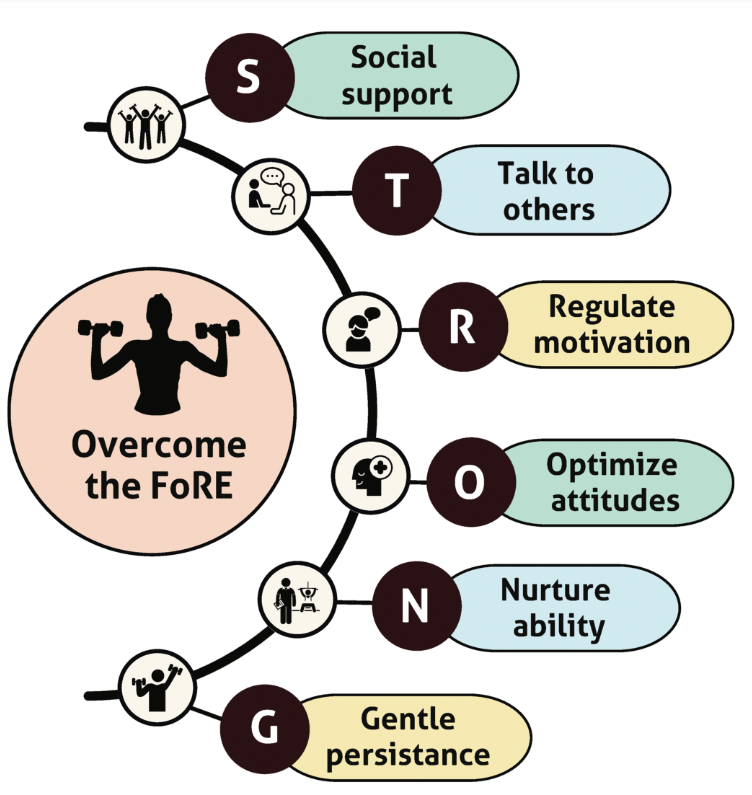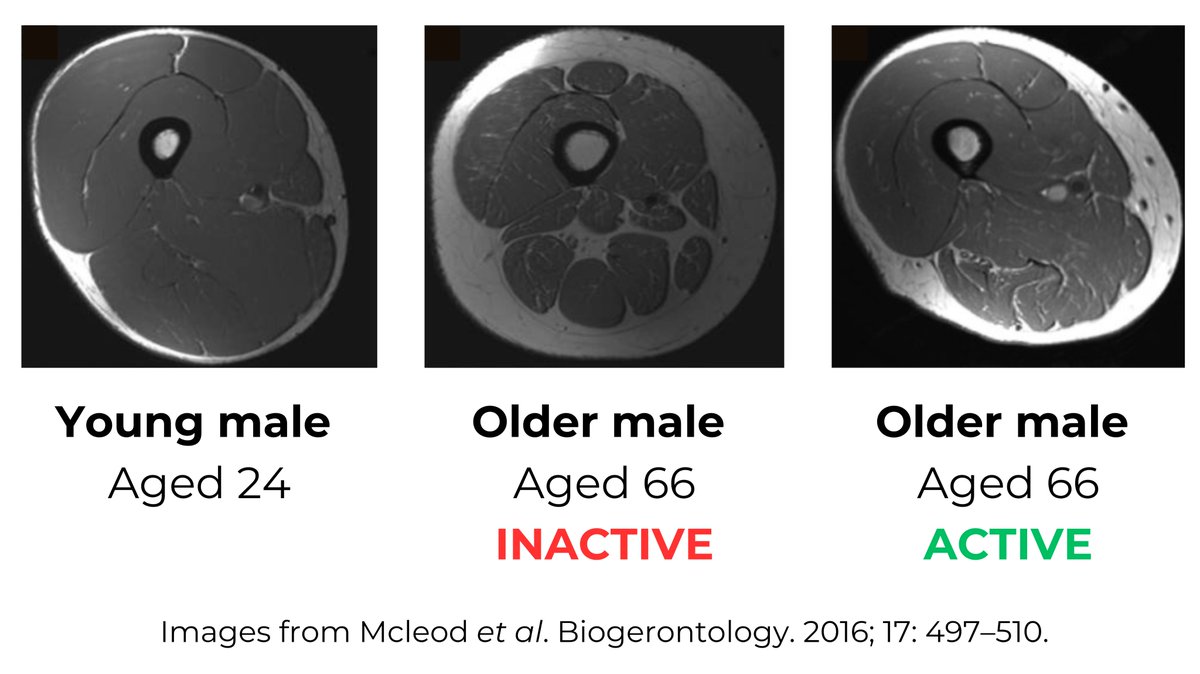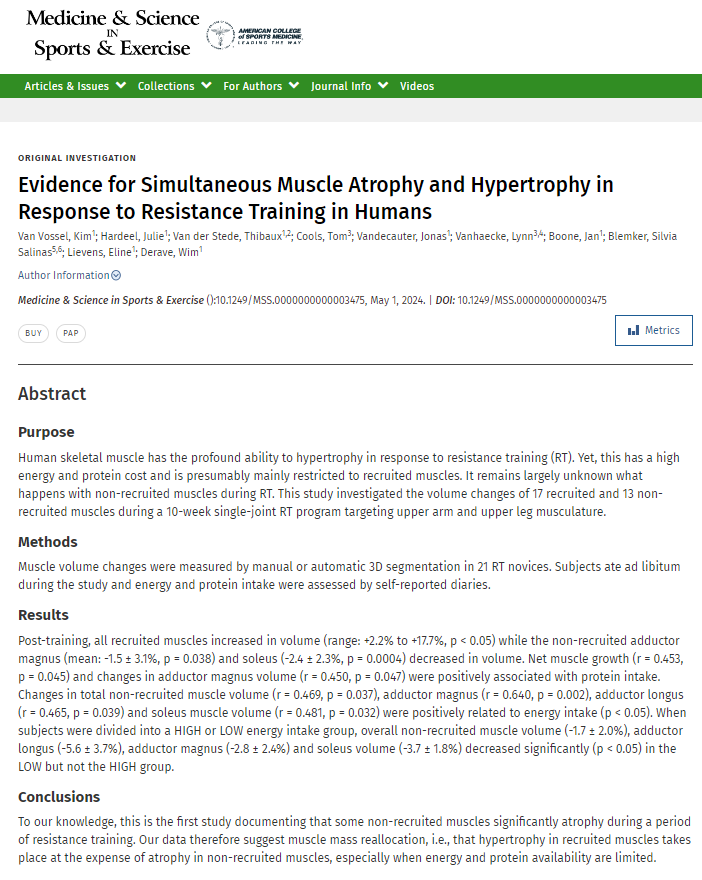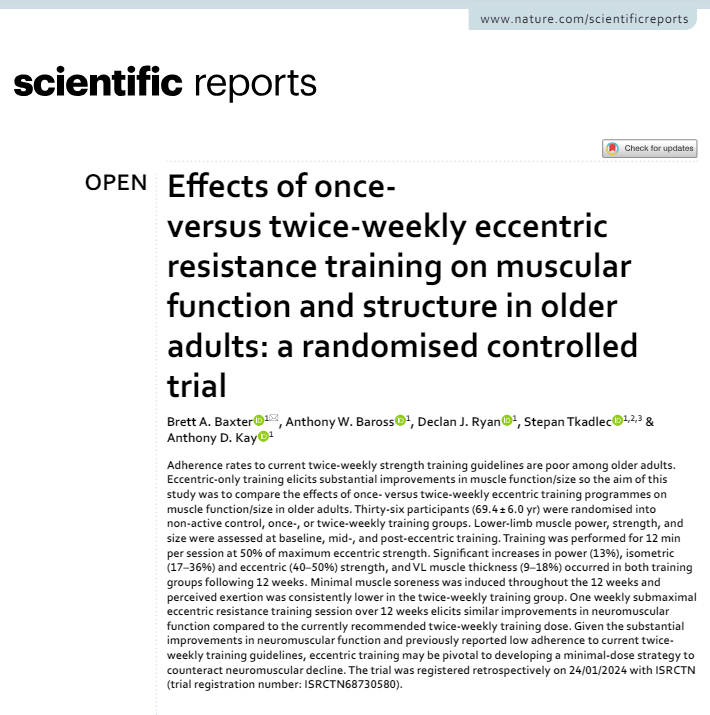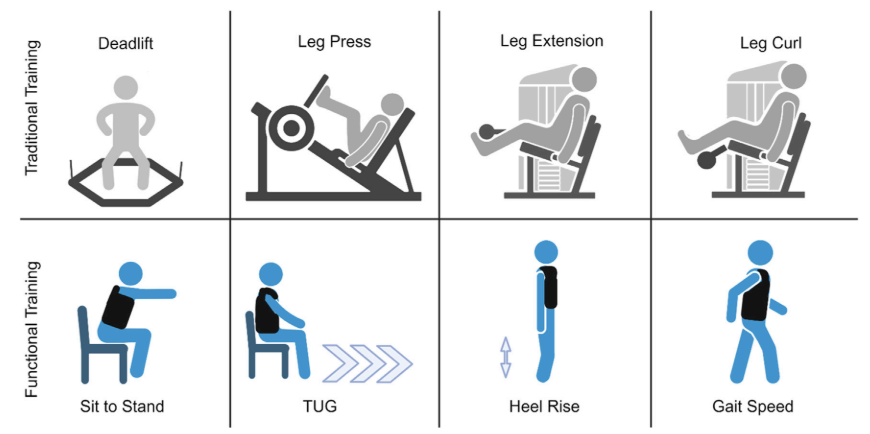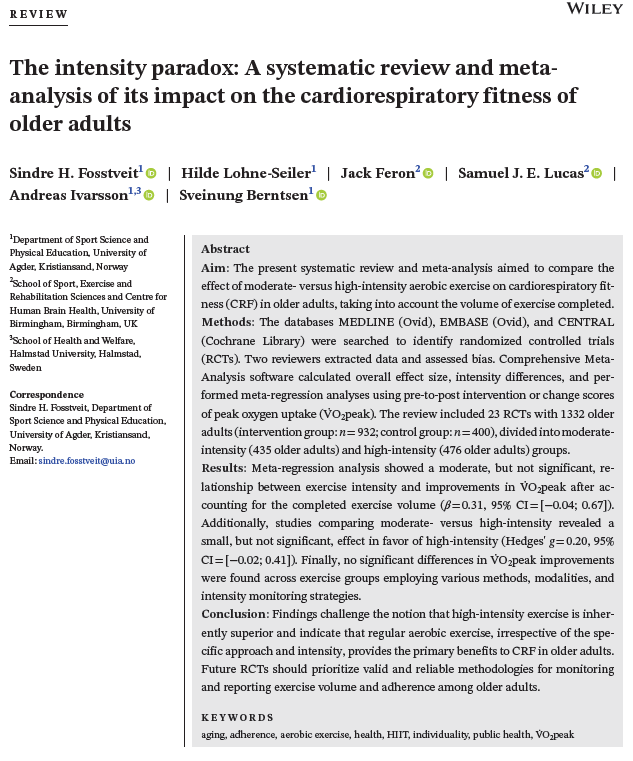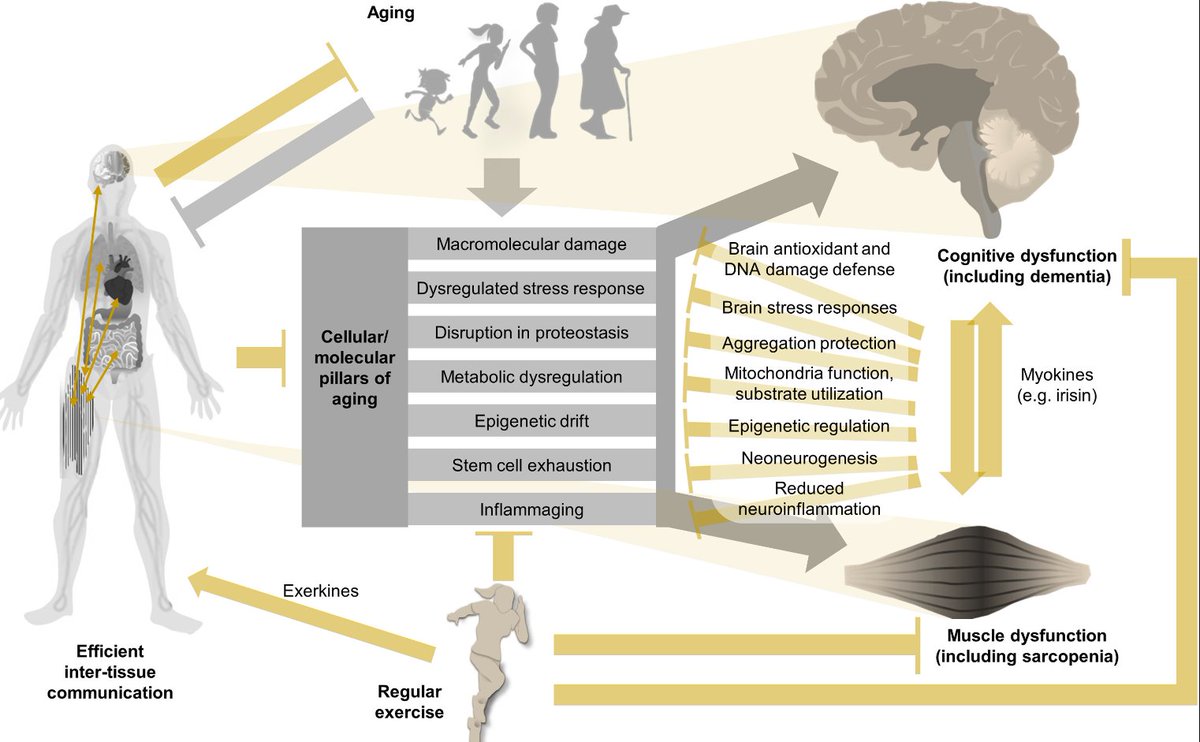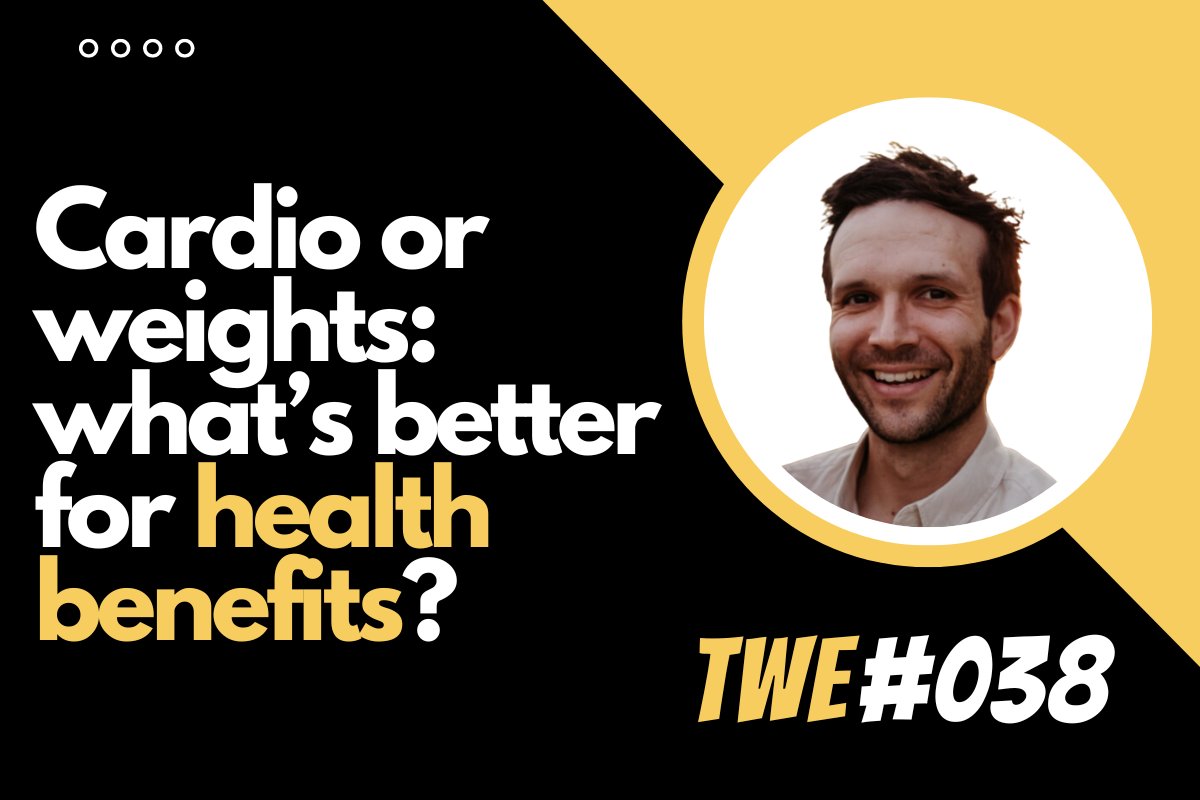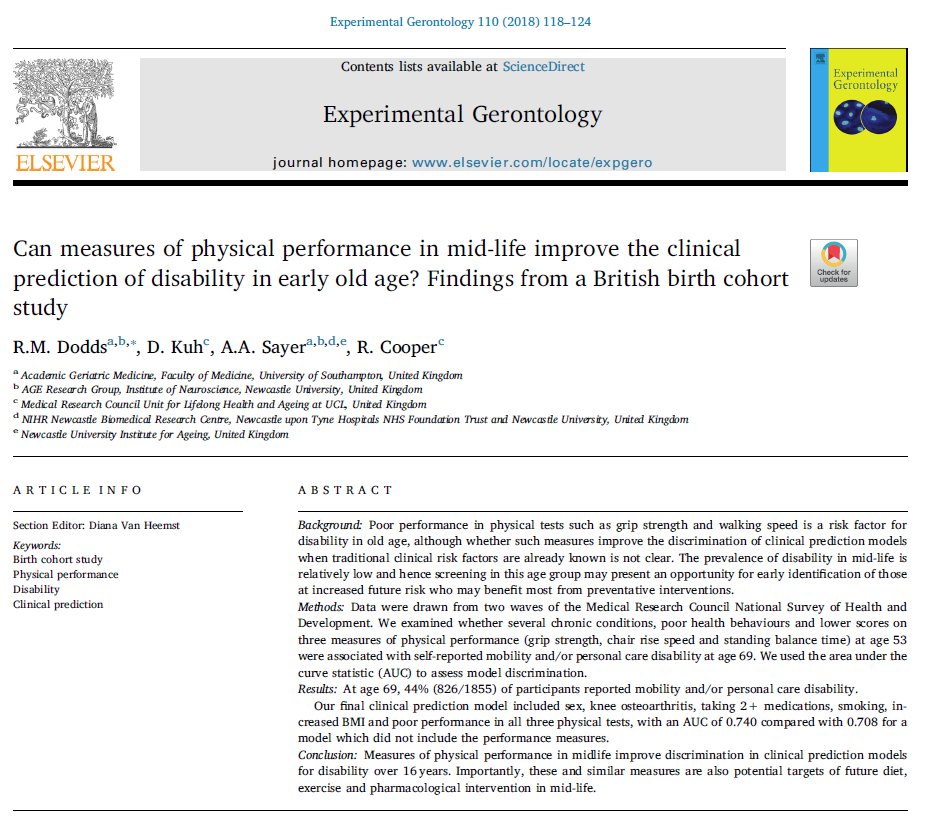
Jackson Fyfe, PhD
@jacksonfyfe
I talk about exercise, ageing, and healthspan | Senior Lecturer in Exercise Science @DeakinIPAN | 10+ years in exercise research and education
ID:295040160
https://jacksonfyfe.ck.page/the-weekly-exerciser 08-05-2011 07:48:28
1,5K Tweets
5,8K Followers
443 Following









Resistance training builds muscle - but do males respond differently to females?
Our new meta-analysis (in peer review) led by Martin Refalo found:
- Males on average grow more muscle (in absolute terms)
- But relative changes in muscle size from baseline levels were similar…
